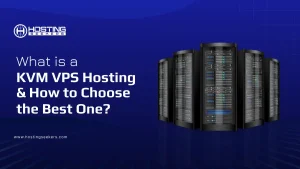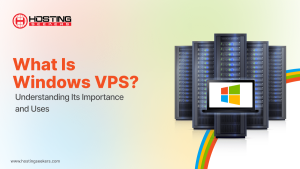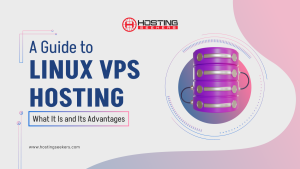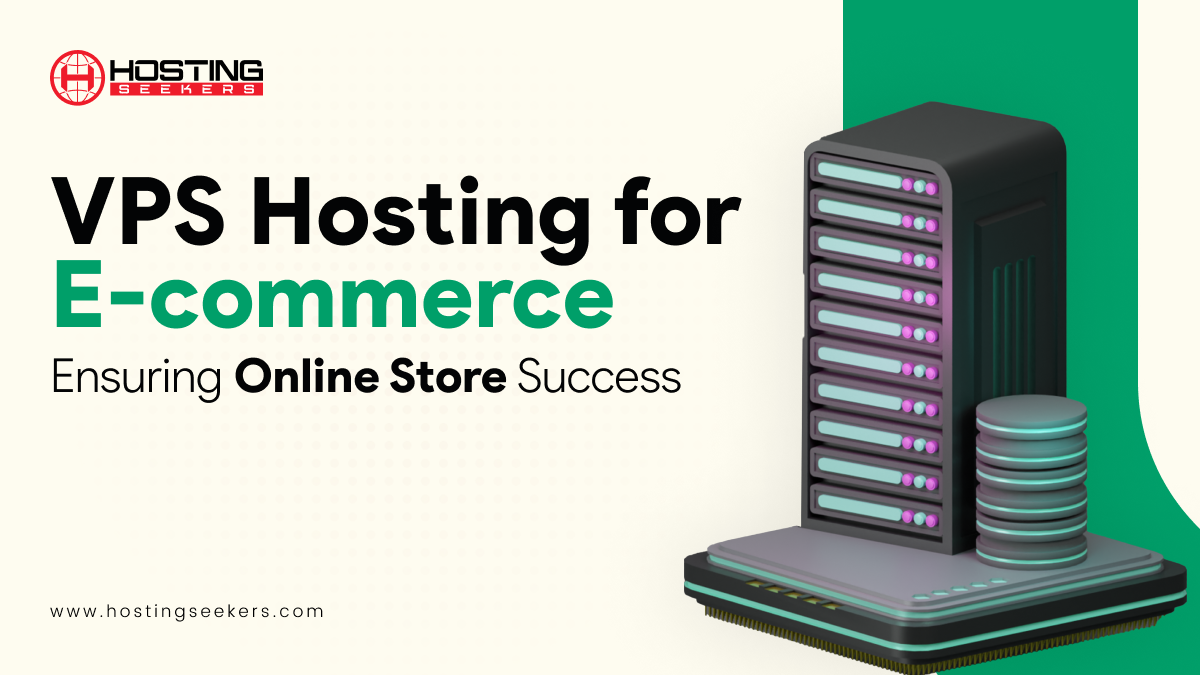
VPS Hosting for E-commerce: Ensuring Online Store Success
VPS Updated on : September 7, 2023E-commerce businesses constantly compete to deliver more secure, faster and highly scalable websites to their ever-demanding clients. At the same time, your store’s success may be hindered if you are not using the best hosting. This is where VPS Hosting provides you with out-of-the-box solutions.
In this blog, we will dive deep into how VPS hosting for eCommerce will help online stores thrive in the market. Whether you’re a budding e-commerce business or a seasoned online merchant, understanding the impact of your hosting choice is crucial. Let’s embark on this journey to decode the magic of VPS for eCommerce and how it can elevate your online store’s success.
Must Read: Points to Keep in Mind While Opting for Ecommerce Hosting
Understanding E-commerce Hosting Needs
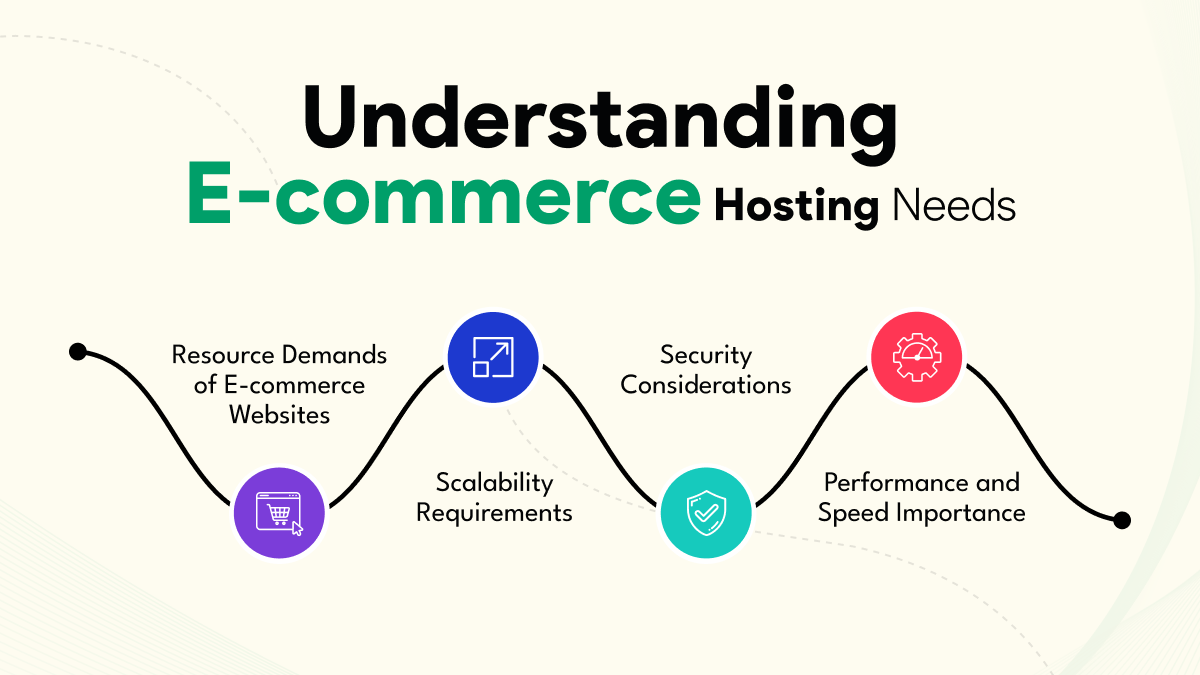
When evaluating your e-commerce hosting needs, scalability is a paramount consideration. E-commerce websites often experience fluctuating traffic levels, especially during peak shopping seasons or promotional events. This is where the flexibility of VPS hosting shines. Scaling e-commerce with VPS is a relatively straightforward process. If your online store experiences growth, you can seamlessly upgrade your VPS plan to accommodate increased traffic and resource demands. This scalability ensures that your website remains responsive even during traffic spikes, providing a seamless shopping experience for your customers.
Scalability is the most crucial factor to take into account when assessing your demands for ecommerce hosting. Traffic on e-commerce websites frequently varies, particularly during busy shopping seasons or promotional events. The adaptability of VPS hosting is shown in this situation. E-commerce scaling using VPS is a relatively simple procedure. You may quickly upgrade your VPS package if your online business expands to meet rising traffic and resource needs. This scalability guarantees that your website maintains responsiveness even during traffic peaks, giving consumers a smooth purchasing experience.
Recognizing the crucial role that VPS hosting plays in the success of your online business is the first step in understanding your demands for the best ecommerce hosting. It involves picking the finest VPS hosting company, utilizing the flexibility of VPS for scaling, taking note of case studies related to VPS hosting, and eventually utilizing VPS hosting to promote e-commerce growth. By matching your hosting approach to your e-commerce objectives, you lay the groundwork for a successful online enterprise in the cutthroat digital market.
Benefits of VPS Hosting for E-commerce
When optimizing your e-commerce website performance, VPS hosting provides a range of benefits that can significantly expand your online business. Here are some key benefits of VPS hosting for eCommerce, making it the best choice for your online store.
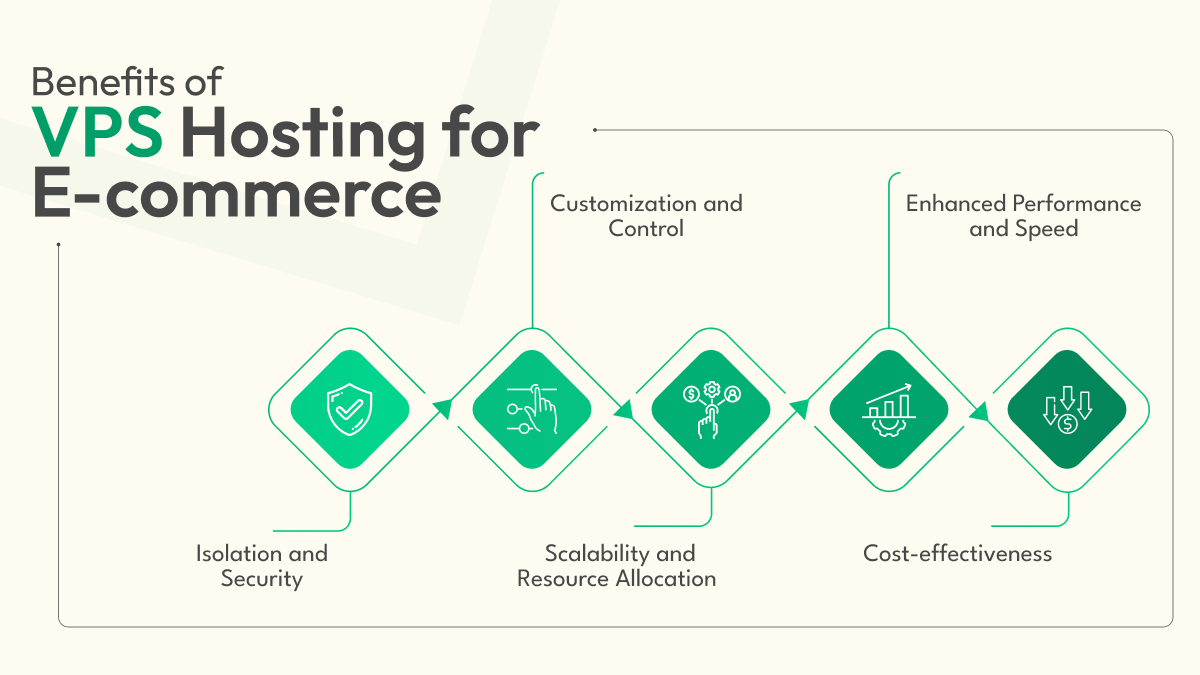
Isolation and Security
One of the paramount concerns for any eCommerce business is the security of customer data and transactions. VPS hosting provides a high level of isolation, enabling your website to operate in a dedicated virtual environment. This isolation reduces the security risk and keeps your client’s sensitive information safe.
Customization and Control
E-commerce websites often require specific software setups and configurations to meet their unique requirements. With VPS hosting, you have complete control over your virtual server, enabling you to personalize it according to your requirements. This level of customization ensures that your website functions precisely as required to provide an optimal shopping experience for your clients.
Scalability and Resource Allocation
As your eCommerce business grows, so do your hosting requirements. VPS hosting enables seamless scalability, allowing you to allocate additional resources like RAM, CPU and storage whenever required. This flexibility lets your website handle increased traffic during peak shopping seasons without compromising performance.
Enhanced Performance and Speed
Website performance and speed are essential in the fiercely competitive world of e-commerce. Due to the dedicated resources provided by VPS hosting, the “Noisy Neighbour” issue that frequently arises in shared hosting setups is resolved. This leads to quicker page loads, less downtime, and improved user experience, eventually increasing conversion rates.
Cost-Effectiveness
Despite offering devoted resources and cutting-edge features, VPS hosting is a cost-effective option for e-commerce enterprises. Compared to the potential losses brought on by a sluggish or insecure website, the advantages of better speed, security, and personalization outweigh the costs of the investment.
Must Read: How Much Does VPS Cost?
Setting Up Your E-commerce Store on VPS
Setting up your e-commerce store involves critical steps to ensure its seamless security, operation and optimal user experience. Here’s the step-by-step guide to help you navigate the process.
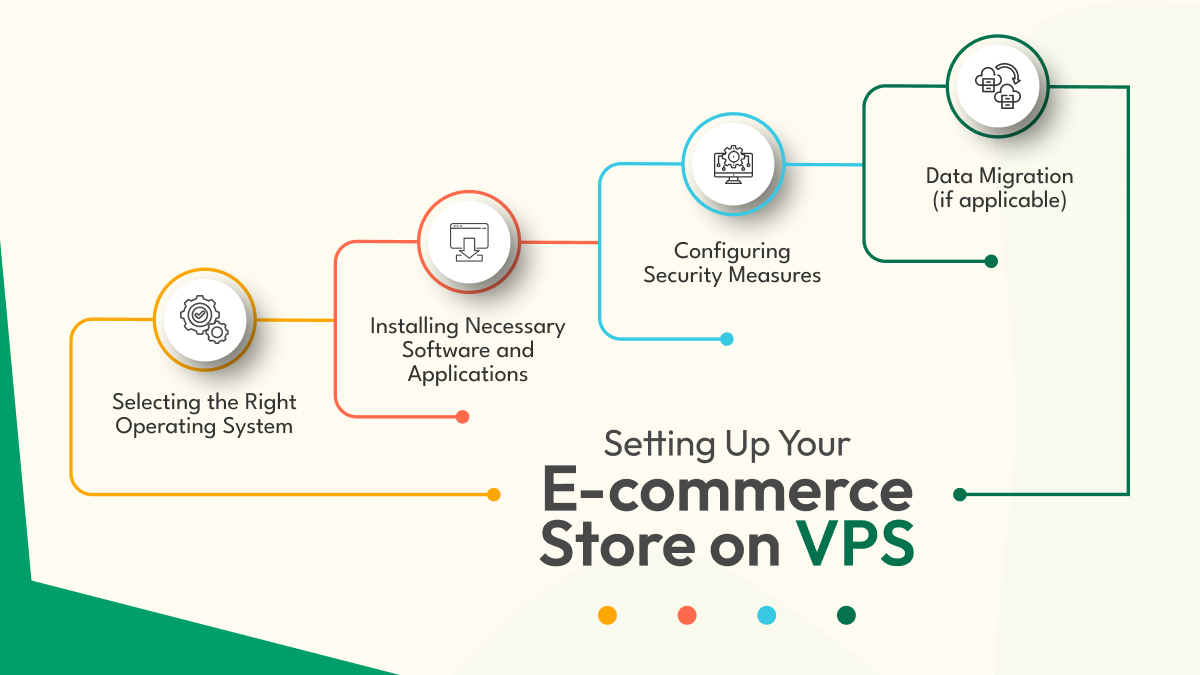
Selecting the right operating system
Choosing the best operating system for your eCommerce store is vital step, two options available for selecting the right operating system are; Linux vs Windows.
Linux: Linux-based operating systems like Ubuntu or CentOS are popularly utilized for eCommerce due to their security features and stability. They can be cheap and open source, saving your licensing costs.
Windows: Opting for a windows server is another option, specifically if you are more comfortable with the windows environment or require particular Windows-based software.
Installing Necessary Software and Application
You must install the necessary applications and software to set up your VPS hosting for the eCommerce store:
- You must select a web server to handle your web request.
- You must opt for a database management system like MySQL, Postgre SQL or Microsoft SQL server to secure crucial product and client data securely.
- To set up your eCommerce store, choose an appropriate eCommerce platform tailored to your business needs, like Shopify, WooCommerce, Magento or a custom solution.
Configuring Security Measures
Security for your e-commerce store on a virtual private server is crucial to safeguard sensitive data and ensure a secure shopping environment. Start by setting up a robust firewall (using tools like iptables for Linux or Windows Firewall for Windows Server) to filter traffic and thwart unauthorized access attempts. Enhance security further by implementing SSH key authentication and turning off password-based logins. Regularly update your VPS operating system and software to patch vulnerabilities and employ an Intrusion Detection System (IDS) like Fail2ban to monitor and block suspicious activity.
Data Migration (If applicable)
Data Migration for your eCommerce store on your VPS server involves several critical steps. Firstly, thoroughly backup all existing data, including databases, files and configurations. Next, map out the data’s structure to align it with the new eCommerce platform or database schema. Utilize appropriate migration tools like mysqldump for databases, ensuring a smooth transfer to the VPS.
Post-migration, rigorously test your store on the VPS to validate data integrity and functionality. Update DNS records to point to your VPS’s IP address, ensuring proper domain resolution. Implement URL redirects for SEO continuity and continuously monitor VPS performance for swift issue resolution.
Managing and Maintaining Your VPS
Selecting the best VPS hosting for eCommerce is vital in ensuring your online store’s success and security. Once you have selected a VPS hosting provider, focusing on managing and maintaining your VPS effectively is critical. Here are some key considerations and tips to help you make the most of your eCommerce VPS;
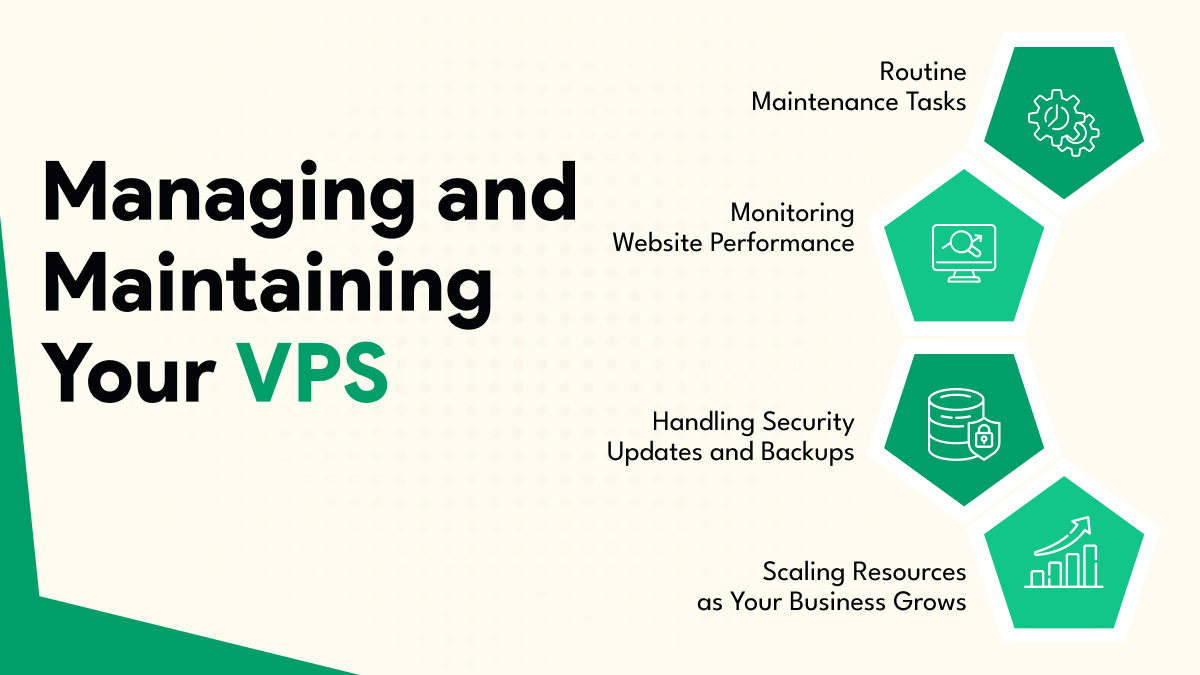
Enhancing the VPS configuration
Set up your VPS server to meet the unique requirements of your eCommerce site. Make sure it complies with the software’s advised system requirements. Please update your server’s applications, operating system and security updates regularly to maintain functionality and safety.
Measures for e-commerce security
Protect sensitive client data and transactions by putting in place robust security measures. This includes creating a Web Application Firewall (WAF), employing SSL certificates, and routinely monitoring for vulnerabilities. Use solid and one-of-a-kind passwords for server access and consider utilizing two-factor authentication (2FA) for additional protection.
Backup and Disaster Recovery
Your e-commerce website and databases should have routine automatic backups to ensure data recovery during unforeseen failures. Create a thorough disaster recovery strategy to reduce emergency downtime and data loss.
Monitoring and Performance Optimization
Utilize monitoring tools to keep an eye on server uptime and website performance. To keep an online store that is quick and responsive, quickly address performance issues. Use content delivery networks (CDNs) to decrease server load and speed up page load times.
Regular Backups and Testing
Conduct regular backup tests to ensure your backup and recovery procedures are adequate. Perform load testing to assess how your eCommerce website handles high traffic volumes and make necessary adjustments.
Customer Support and Maintenance
Establish a relationship with your hosting provider’s customer support team for quick assistance with technical issues. Stay informed about the latest web hosting industry trends and best practices for eCommerce hosting to adapt your security measures accordingly.
Choosing the Right VPS Hosting Provider
When fueling your e-commerce growth with VPS hosting, selecting the right hosting provider is critical. The success and security of your online store hinge on this choice. In addition to optimizing website speed and ensuring e-commerce server security, here are vital factors to consider when choosing the ideal VPS hosting provider.
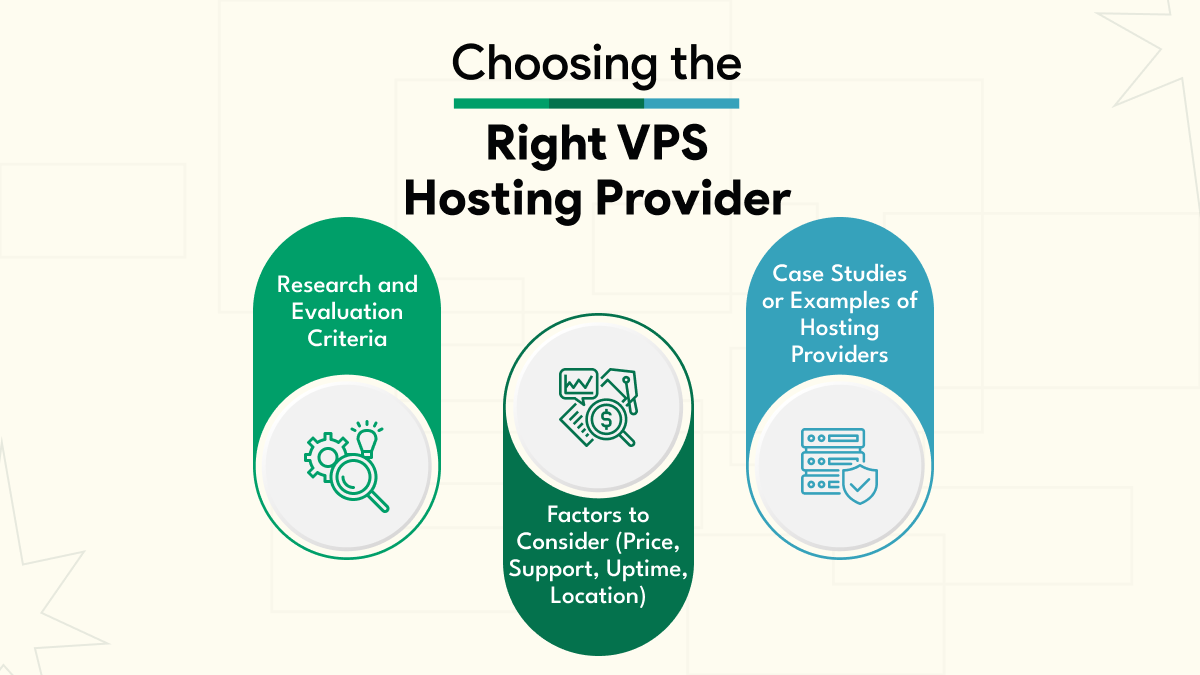
The first step to attaining e-commerce success with VPS is choosing the best VPS hosting provider for your business. Consider elements like server speed, uptime assurances, scalability, security, and support when deciding. A well-picked VPS hosting company will optimize website performance and guarantee e-commerce server security. Still, it will also provide the groundwork for the success and growth of your online business.
Summing Up
VPS hosting for e-commerce is a strategic option to guarantee the development and success of your online business, not merely a technical one. You can build a solid digital foundation that paves the way for a successful online business by knowing your e-commerce hosting requirements, optimizing website performance, prioritizing e-commerce server security, and selecting the best VPS hosting provider. With VPS hosting, you’re well on your way to securing the success of your online business. Your e-commerce endeavor deserves the best. If you are looking for the best VPS hosting for e-commerce, you can check the top VPS hosting providers on Hosting Seekers and opt for the best one for your store.
Frequently Asked Questions
Q1. Why should I consider VPS hosting for my e-commerce store?
Ans. A balance between price, performance, and security is provided by VPS hosting. Faster load times, improved security, and the ability to scale as your online shop expands are all possible with dedicated resources.
Q2. Is VPS hosting secure for e-commerce transactions?
Ans. Yes, VPS hosting is a safer alternative for managing sensitive client data and transactions since it often comes with extensive security features like SSL certificates, firewalls, and regular security upgrades.
Q3. What should I look for in a VPS hosting provider for e-commerce?
Ans. Give top priority to features like a user-friendly control panel, backup and recovery options, security measures, uptime assurances, and scalability possibilities.
Q4. How does VPS hosting support e-commerce growth?
Ans. VPS hosting can support rising traffic and rising revenues thanks to its scalable resources. In addition to improving the purchasing experience, its performance and security features also encourage client loyalty.


